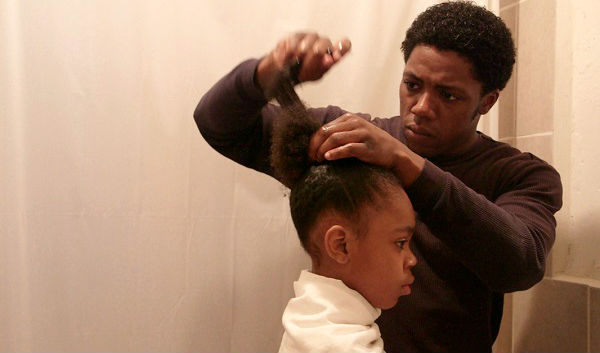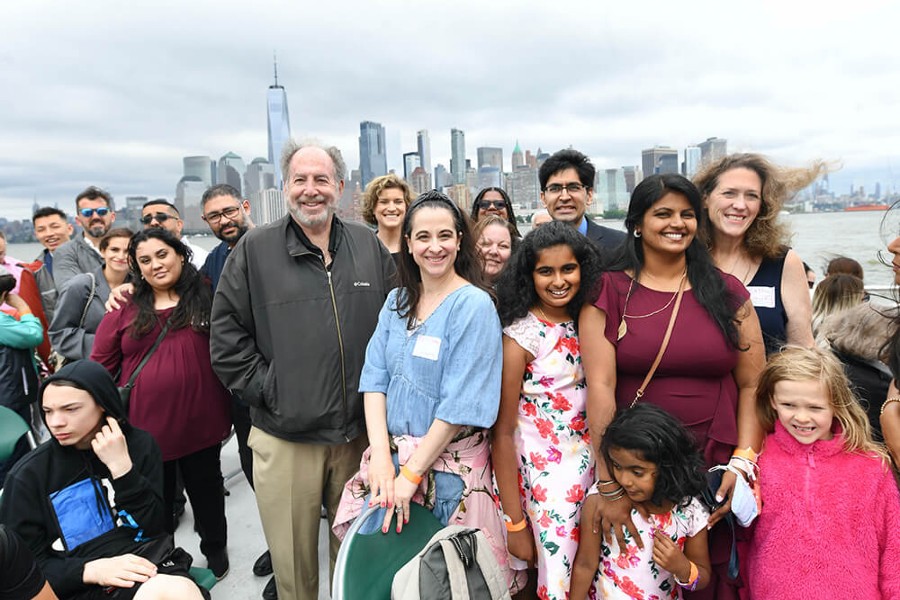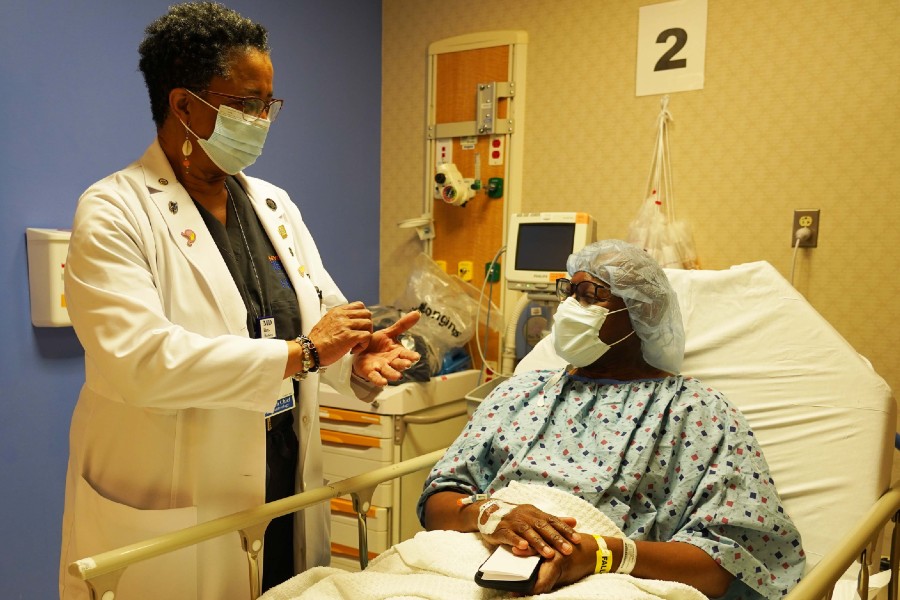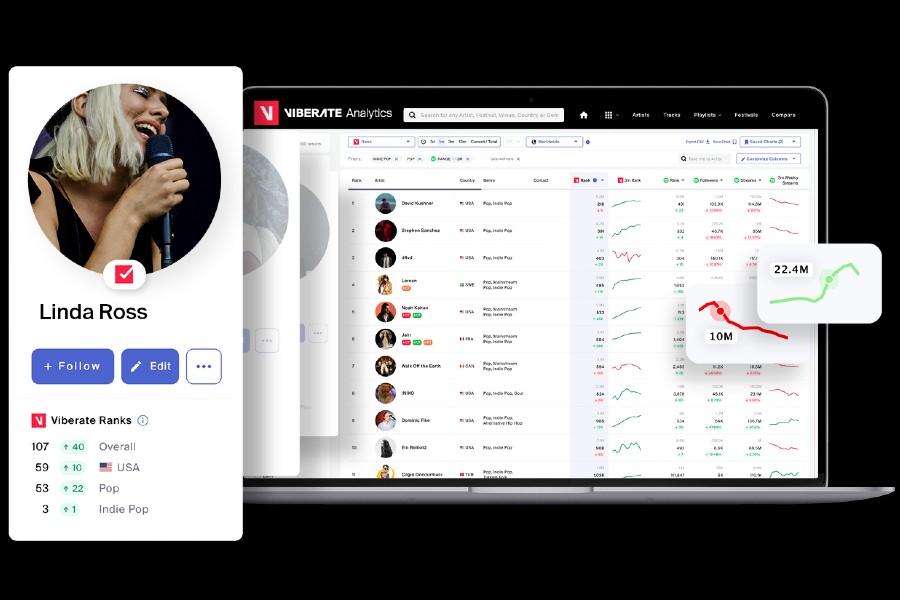 “Daddy Don’t Go” captures two years in the lives of four disadvantaged fathers from Harlem to Long Island as they fight to defy the odds against them.
“Daddy Don’t Go” captures two years in the lives of four disadvantaged fathers from Harlem to Long Island as they fight to defy the odds against them.
And the odds are real – men living in poverty are more than twice as likely to become absent fathers than their middle-class peers (U.S. Census Bureau).
Being a father is my most important job – President Barack Obama
Prolific television and film actor Omar Epps has joined on as Executive Producer and Emily Apt filmmaker for the documentary film, “Daddy Don’t Go.” As someone who grew up fatherless, the issues in “Daddy Don’t Go” resonate with Epps personally and are close to his heart.
“Being the product of a fatherless household, ‘Daddy Don’t Go’ delves into an issue that’s close to my heart. In the media, we’re always inundated with the notion that black men and/or men from impoverished areas are absent fathers. Though that may be true to an extent, there are also thousands of young men fighting to be active fathers in their children’s lives. This fact gets smothered in the media by rampant negative imagery of black men and fatherless children.
‘Daddy Don’t Go’ chronicles the journeys of four such men and their respective battles to parent their children. It’s time men like these have a platform and a voice to challenge the statistics and common ideology about the issue of fatherhood.” – Omar Epps
The subjects in “Daddy Don’t Go” shatter the “deadbeat dad” stereotype. Alex is a single father of West Indian descent who lives with his toddler son “Junior” in a decaying Harlem shelter. He successfully keeps Junior out of the foster care system for two years but then faces a new challenge to his family’s well-being: possible jail time. Nelson is a former Latin King gang member and full-time daddy to his young son and his partner Rebecca’s two daughters. Nelson is adamant about staying away from the lure of “street life” even in the face of unemployment. Roy is a Caucasian ex-offender who won full custody of his toddler son when the boy’s mother succumbed to drug addiction. Roy and Caiden now live with his parents as Roy tries to overcome his criminal past as well as a troubled relationship with his own father. Omar is an African-American father of three who rescued his children from their abusive mother but now struggles to keep them in his care.
Take a sneak peek at the trailer:
By allowing the viewer extraordinary access into the lives of its subjects, “Daddy Don’t Go” offers audiences an intimate look at the obstacles that countless disadvantaged fathers face in trying to parent their children.
This story is not complete. We know people change given the opportunity and the means to do so. These young men have been given the opportunity to change and they have. We now have to find ways to teach them from Harlem to Long Island to do more then survive, but prosper. So that the sequel to “Daddy Don’t Go,” is “Daddy Where Are We Going?”
To find out more about “Daddy Don’t Go” and its Social Media Links:
Twitter: twitter.com/daddydontgo
Director Emily Abt’s Twitter: twitter.com/emilyabt
Become a Harlem Insider!
By submitting this form, you are consenting to receive marketing emails from: Harlem World Magazine, 2521 1/2 west 42nd street, Los Angeles, CA, 90008, https://www.harlemworldmagazine.com. You can revoke your consent to receive emails at any time by using the SafeUnsubscribe® link, found at the bottom of every email. Emails are serviced by Constant Contact








